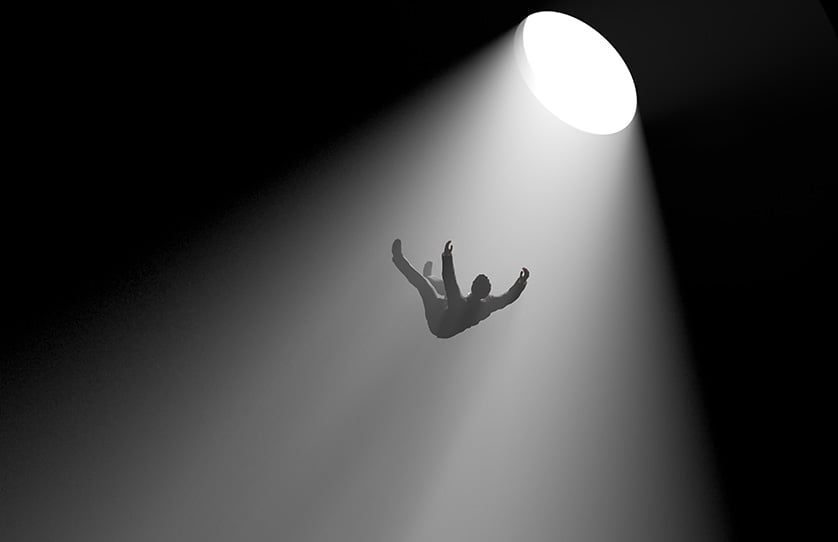People sometimes confuse the word depression with feeling sad. While sadness is a symptom, depression affects more than just your emotions. It also changes how you think, how you perceive, and how you act.
Symptoms of depression can range from mild to moderate and include:
- Sad or depressed mood
- Loss of interest in activities
- Loss of joy from activities
- Change in apetite and or weight
- Sleep too much or have trouble sleeping
- Loss of energy, feelings of fatigue
- Increase in purposeless activity (wringing hands, pacing)
- Slowed movement or speech
- Feelings of worthlessness or guilt
- Trouble concentrating, thinking, or making decisions
- Thoughts of death/suicide
Be aware there are medical conditions that mimic symptoms of depression such as thyroid issues, vitamin deficiencies, and brain tumors.
Comparison of Grief and Depression
It’s easy to see why people use the term depressed when they mean they are sad or grieving when you look at the similarities of the two. But the differences between the two help to distinguish them from one another.
Symptoms shared by grief and depression
1. Sadness 2. Insomnia 3. Poor Appetite 4. Weight loss
Grief/Sadness versus Depression
❏ Emotional pain comes in waves mixed with happy memories
❏ Self esteem remains steady
❏ Can bring on depression
❏ Mood and interest are decreased for long periods of time
❏ Feelings of worthlessness and self loathing
What complicates the diagnosis of depression is due to the person who is suffering. Their mind has convinced them of things that aren’t true. Depression changes how they perceive themselves and the world around them.
People with depression don’t reach out because of these changes and feelings of being a burden on others. They become experts at pretending everything is great when they’re around those they love in order to not worry their family and friends.
What causes depression?
Depression is caused by a combination of life events (long-term struggles, abuse, isolation/loneliness, prolonged stress), personal factors (family history, personality, medical illness, drug use), and biological components. Depression is more than a chemical imbalance in the brain. It’s more complicated than too much of this or too little of that.
Treating Depression
Depression is the most treatable mental disorder with an 80-90% improvement rate. The more we learn about the risk factors - biochemistry in the brain, genetics, personality/temperament, and environmental influences, the better chance we have of creating individualised treatments.
Medications like antidepressants, modify the brain chemistry to help regulate mood but it’s a time consuming game of trial and error, to find the right prescription and correct dose since no two cases of depression are exactly alike.
Psychotherapy, or talk therapy, has shown to help in cases of mild to moderate depression.

